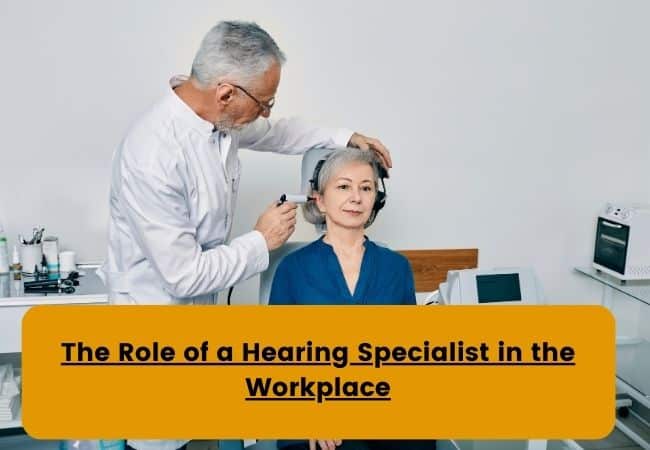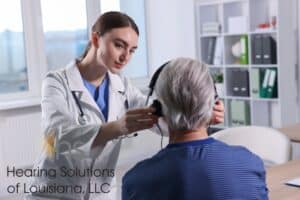Identifying Potential Hearing Risks
Work environments vary widely in their noise levels and potential hazards to hearing health. A hearing specialist assesses common sources of noise—from heavy machinery to bustling open-plan offices—and determines which areas could pose long-term risks. By pinpointing these issues, employers gain valuable insights into how to create safer and more comfortable workspaces.
Conducting Workplace Hearing Evaluations
Regular hearing assessments help catch early signs of damage before it worsens. A hearing specialist provides onsite screenings or offers guidance on where and how employees can get tested. By monitoring changes in employees’ hearing over time, specialists can recommend targeted interventions that protect long-term hearing health and maintain overall workplace well-being.
Recommending Protective Measures
Whether it’s supplying the right type of earplugs or identifying more robust personal protective equipment, a hearing specialist ensures that workers have the tools they need. These recommendations often include education on correct usage to maximize effectiveness, making certain employees receive the best possible defense against excessive noise.
Advising on Acoustics and Noise Reduction Strategies
Beyond protective gear, a hearing specialist can suggest alterations to the physical space to reduce harmful noise. This might mean implementing sound-dampening materials, rearranging equipment to minimize exposure, or planning regular maintenance schedules for machinery. Each improvement works toward a safer auditory environment, allowing employees to communicate clearly without unnecessary strain.
Supporting Policies and Training Programs
A hearing specialist’s role doesn’t end with equipment and layout changes. They can guide employers in developing comprehensive hearing conservation programs, conducting staff training sessions, and implementing policies that encourage safe listening habits. This ongoing support fosters a proactive culture in which everyone understands the importance of protecting their hearing and feels empowered to take preventive steps.



